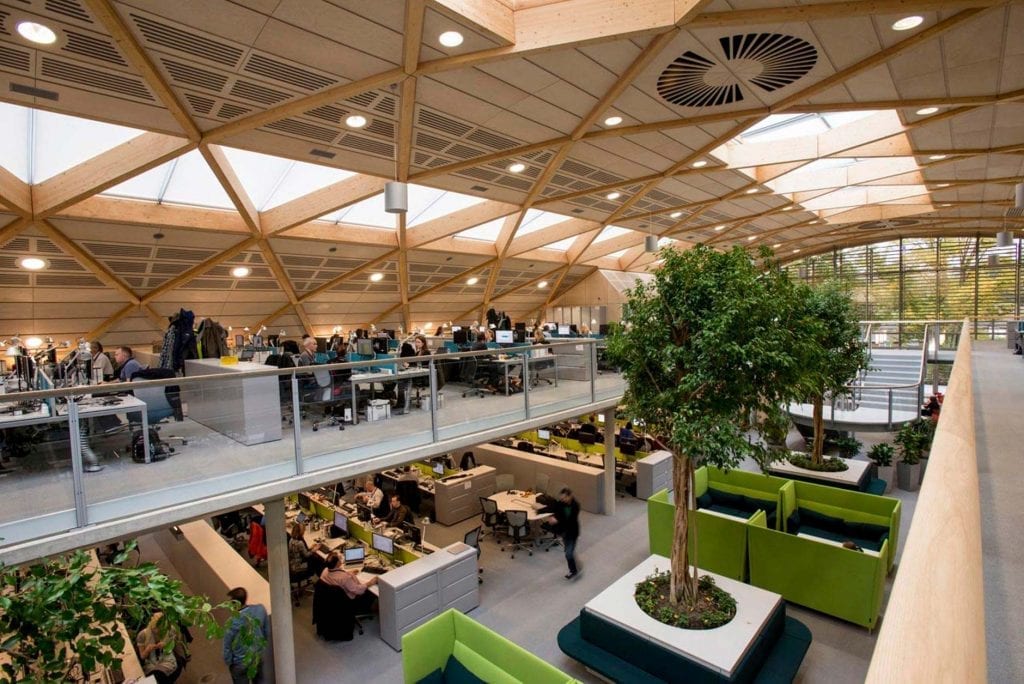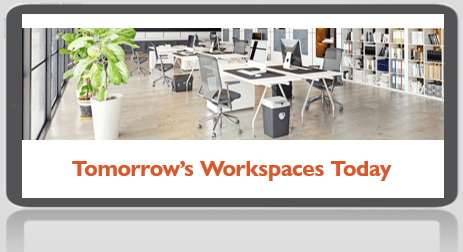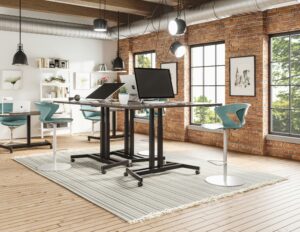A broader approach to closing the loop
Sustainability should be at the forefront of every industry: it is now not enough for your business to simply have internal policies that minimises its contribution to landfill. If you want your company to survive and thrive in this new environmentally conscious era, it is vital to take a more holistic view of environmental practices and processes across your whole business landscape.
Following the principles of a circular economy is a good start. The circular economy is a framework that decouples economic activity from the consumption of finite resources and recouples it with designing out waste and pollution, keeping products and materials in use and regenerating natural systems. From production to procurement, there are many ways that your wider business practices can be adapted in line with circular principles. To break things down, take a look at these areas to see what you might be able to change to make your business more circular:
Procurement and supply chain
Start with your suppliers – while you can adopt circular principles internally, this will have little impact if your suppliers don’t have the same environmental values. To ensure that all of your suppliers embrace sustainability too, you need to build circular measures into your sourcing decisions. By mapping out clear ethical codes, based on circular principles, into your sourcing strategies you can communicate to prospective suppliers exactly what you expect from them. This could be anything from selecting products made from recycled materials, implementing packaging return policies, selecting locally sourced foods and biofuel operated logistics.
Facilities management
Align your businesses facilities management support services with a circular economy to help extend the lifespan of equipment and materials. There are many ways you can do this, such as; specifying refillables for cleaning and catering products, removing any single-use plastics, prioritising biodegradables in office products and ensuring your staff carry out regular routine equipment checks to maintain quality.
Services and sharing
Buying equipment in high volumes reduces the product lifespan as it often means that they are less likely to be maintained and reused. To avoid your business falling into this trap – that is not only harmful to the environment but can also be costly – you should prioritise service and sharing based approaches. This involves a shift from simply producing goods to delivering services that extend the lifespan of a product. Businesses can take this approach when they buy third party data centres for example. Instead of leasing space and buying equipment to house and future proof IT and data, employ a third-party data centre where you can share data space with other businesses. Sharing platforms can also be used to allow you to trade your free resources with other businesses.
Rewarding circularity
It is important to make sure that everyone in your company is working towards the same end-goal. If staff have been using the same processes for many years and now you start rethinking your business model, they could feel under pressure and reject new processes. Circularity should be a positive and rewarded movement by the whole organisation, not just a top-down, enforced edict. One way to achieve this is by introducing clear policies for staff to follow, such as recycling or desk sharing. Often companies will implement training to help staff to clearly understand what the changes are and why you are making them, this could be tied into a rewards scheme where employees are able to share the economic benefits of the circular principles.
Time for your company to close the loop!
If you haven’t already, now is the time to start making small tactical changes while you plan for the longer term. By moving away from decisions made purely on a ‘now’ basis, you can achieve a business model that considers the lifetime and impact of everything you use and the fabric of your built environment.
Find out more through our Revolution vs Evolution whitepaper
Related stories
At Crown Workspace, our mission is clear: To deliver seamless workplace transformations across the UK. To achieve this efficiently, we rely on a robust, reliable, and safe fleet. That’s why we’re delighted to announce the latest expansion of our commercial vehicle fleet with the addition of 19 new Mercedes-Benz vehicles supplied by our long-standing partner […]
Around half of all Facilities Managers plan to downsize their office space in the next three years. How, and why?
Are offices getting bigger or smaller, and why? Let’s start with the conclusion: The honest answer is that both stories are true. Some organizations are taking up more and larger offices, others are compressing. What ties the two together is a single idea that now sits at the heart of Facilities Management: rightsizing. Size follows […]





























